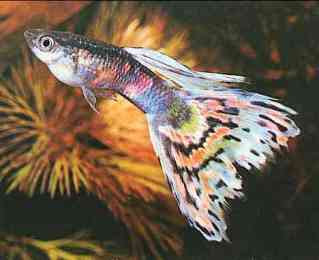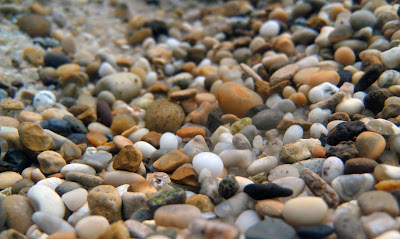Which Fish Tank Filter is Right For My Aquarium?

To begin to understand which fish tank filter would be right for your aquarium, it is important to look at how the different kinds of filtration currently offered by various fish tank filter systems and what this means for your aquarium.
Chemical Fi ltration - Chemical filtration works by processing the water through a substance such as carbon which removes fish excrement and dissolved minerals. Phosphates, nitrites, nitrates and ammonia as well as various other chemicals can be effectively sand safely removed by chemical filtration.
ltration - Chemical filtration works by processing the water through a substance such as carbon which removes fish excrement and dissolved minerals. Phosphates, nitrites, nitrates and ammonia as well as various other chemicals can be effectively sand safely removed by chemical filtration.
Biological Filtration - Biological filtration works by bringing a kind of bacteria known by the name of "nitrofiers". These bacteria basically work by breaking down ammonia and nitrite, both of which in large enough quantities prove fatally harmful to fish, into nitrates. Nitrates can then be removed with the aid of chemical filtration or by simply changing the water. Regardless of which fish tank filter you may choose for your aquarium, all tanks need a flourishing bacterial community. This is the primary reason when starting a new tank that it is left to cycle between two to six weeks. Bacteria colonize on the surface of the tank and filter. A biological fish tank filter will often use a media which attempts to accerlate the growth of the bacteria culture.
For biological filtration to be affective, all the water in the tank need to pass through the filter roughly four times per hour. Small to medium size tanks and aquariums may do well with an undergravel filter. however larger sizes will require a canister filter.
Mechanical Filtration - This final method of filtration works by actively removing debris such as excess food, parts of plants and any other kind of waste from the water by passing it through absorbitive material. The material traps this waste, so it can then be effectively removed from the aquarium. Since fish continually produce waste, the fish tank filter must provide some kind of mechanical filtration. It has become quite common for many fish tank filters to combine both mechanical and chemical filtration.
At a bear minimum it is important that your fish tank filter manages to combine at least biological and mechanical filtration. Stressful levels of ammonia, nitrites and nitrates inhibit fish breeding, activity and growth and can even result in death.
So Which Fish Tank Filter Is Right For Me?
Very
Medium sized tanks may use either an undergravel filter or a power filter. Some fish enthusiasts are sceptical about an UGF as it is less obvious when things go wrong. I would not recommend this kind of fish tank filter to an inexperienced person. A power filter can hang on the back of a tank and is normally quite cheap, providing both biological and chemical filtration.
Larger tanks, of 50 gallons or more, should use a canister as their fish tank filter. These kind of aquariums or tanks need a more powerful filter as more water is being cycled. Depending on the media used, these kinds of filters can offer all kinds of filtration.
The kind of fish tank filter needed in your tank or aquarium will depend on the size of the tank and the volume of water it will be processing. The most important aspect of keeping fish healthy is offering a combination of filtration, with mechanical and biological as a bare minimum.
Sean Norman is a fish enthusiast who also keeps terapins. More relevant information about the author and this article may be found by Clicking Here






Comments
Post a Comment